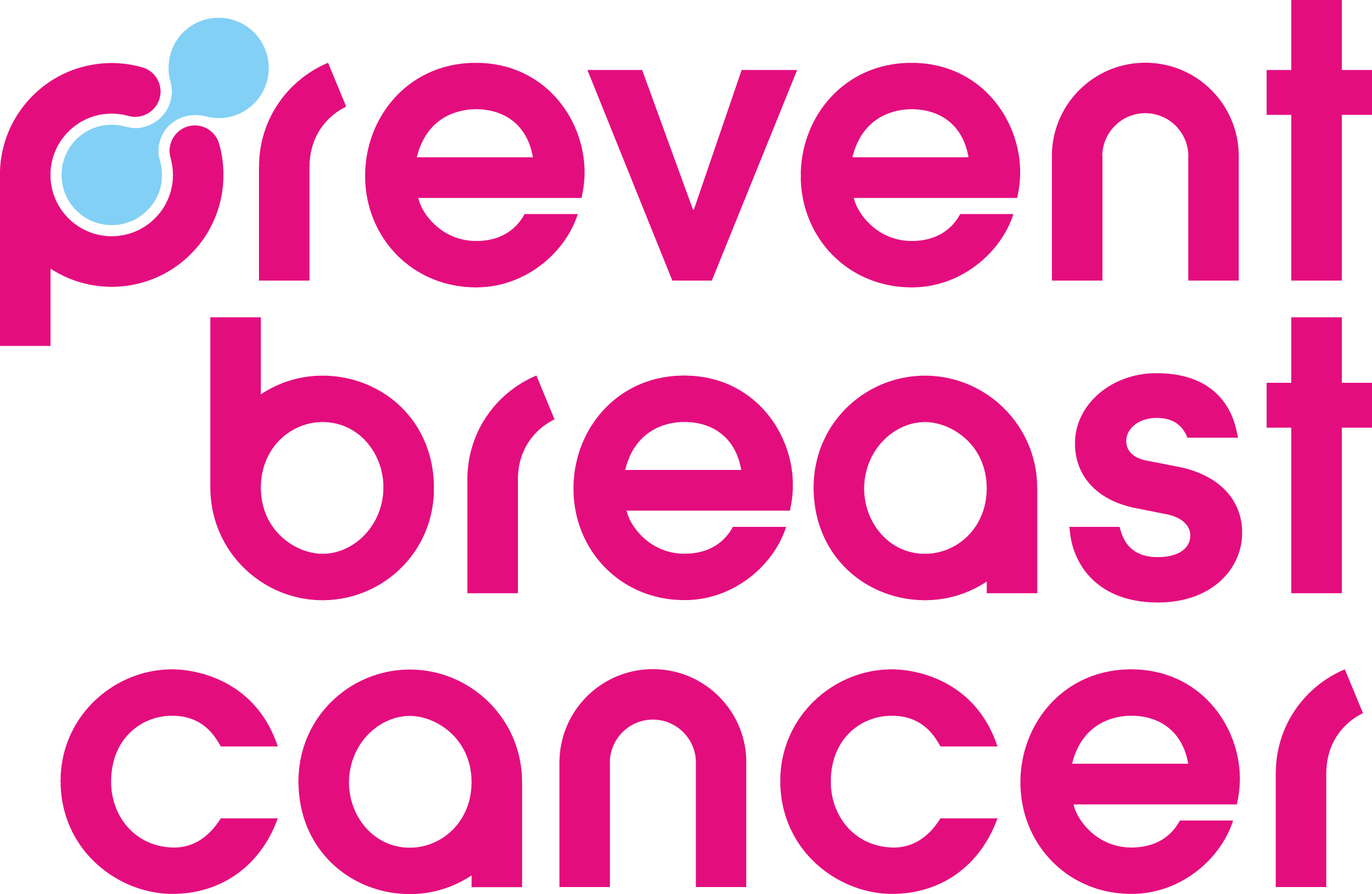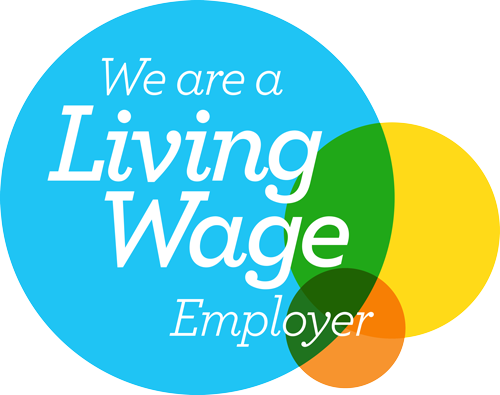Public Health England has urged drinkers to introduce two alcohol-free days into their week, to reduce the risk of health problems and avoid dependency. A poll of almost 9,000 UK adults found that one in five are drinking above the recommended limit of 14 units per week, and two in three believe that quitting drinking would be more difficult than giving up smoking.
Prevent Breast Cancer’s researcher Dr Michelle Harvie looks into the recent research around the dangers of alcohol consumption.
There is no safe level of alcohol to consume, according to a study that came out last week. The research, published in the Lancet medical journal, highlighted that alcohol is the seventh leading cause of premature death and ill health globally, accounting for 2.2 per cent of deaths in women and 6.8 per cent of men.
We all know the dangers of excessive drinking. High alcohol consumption can lead to liver damage, raised blood pressure, stroke, pancreatitis and cancer of the breast, bowel, liver, mouth, throat, oesophagus and stomach. It can also make us more susceptible to picking up infectious diseases, developing mental health problems and can increase the chances of accidental injury or death to ourselves or others.
The debate starts when we look at whether drinking small amounts of alcohol – less than 14 units per week – is really that bad for us, or could it be beneficial for health. After all, a glass of red wine has often been touted as being good for our hearts. The Lancet study did show that alcohol had a protective effect against heart disease amongst men and women who were drinking around 6 units per week – however, this level of drinking was also associated with a small increase of the risk of cancer in some people.
To put this into context, drinking 6 units per week reduced the risk of heart disease by 14 – 18 per cent whilst it increased the risk of breast cancer by 5 per cent. The increase in the risk of breast cancer when consuming one unit of alcohol per day is the same level of risk as someone weighing 2.5kg (5 pounds) above a healthy weight. Including 150 minutes of moderate-intensity exercise into your routine each week can reduce the risk of breast cancer by around 4 per cent.
So, should we all stop drinking? Most people would be healthier if they cut down on their drinking, and we certainly would not advise people to start drinking if they do not already do so. Nikki Barraclough, Chief Executive at Prevent Breast Cancer, said:
We are aware that women who drink more alcohol have higher rates of breast cancer compared to women who are tee-total and that the risk of breast cancer rises with alcohol intake.
However, we recognise that alcohol is an accepted part of our culture, and that people will drink regardless of health warnings, which is why we try to educate people on the associated risks.
For example, if you drink one bottle of wine per day, your risk of developing breast cancer is likely to be 50 per cent higher than someone who does not drink at all. However, the extra risk is smaller if you drink sensibly and within government guidelines of 1-2 units a day. For women concerned about their breast cancer risk but who still wish to consume alcohol, we’d therefore recommend doing so in moderation.
We do offer alcohol at some of our fundraising events; they’re a place for people to learn about Prevent Breast Cancer, raise money, meet other supporters and enjoy themselves, which is why we give attendees the option of having alcohol if they want it.
We recommend the clinically proven 2-Day Diet, which advises limiting drinking to no more than 10 units per week and focuses on maintaining a healthy weight through moderate-intensity exercise and intermittent fasting, all of which can reduce your risk of breast cancer.
If you are interested in tracking your alcohol intake and changing your habits, Drink Aware has a range of tools available to support you.
About Prevent Breast Cancer
Prevent Breast Cancer is the only UK charity entirely dedicated to the prediction and prevention of breast cancer – we’re committed to freeing the world from the disease altogether. Unlike many cancer charities, we’re focused on preventing, rather than curing. Promoting early diagnosis, screening and lifestyle changes, we believe we can stop the problem before it starts. And being situated at the only breast cancer prevention centre in the UK, we’re right at the front-line in the fight against the disease. Join us today and help us create a future free from breast cancer. If you have any questions or concerns, email us today.




